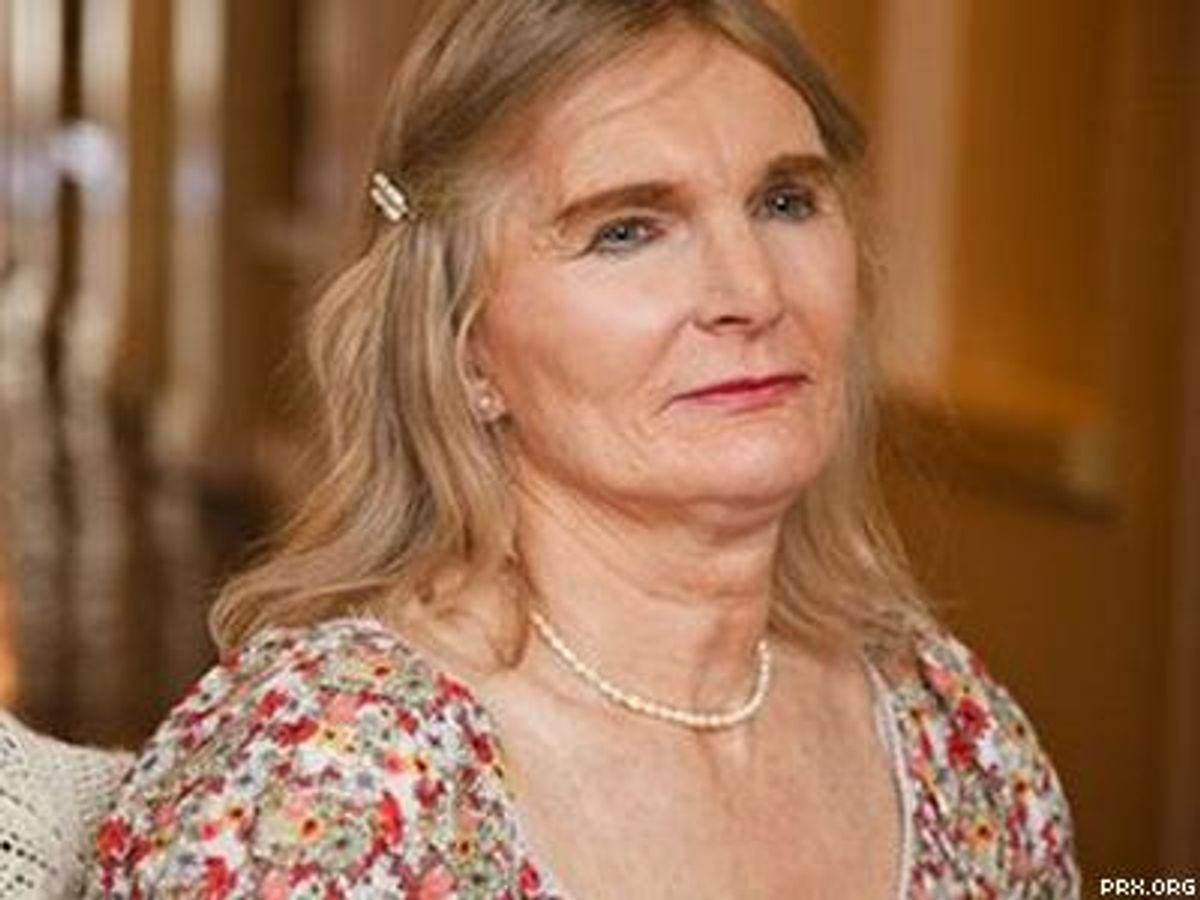In a first for the country, Ireland's High Court has ruled that a state's failure to legally recognize a trans person's affirmed gender is a violation of the European Convention on Human Rights Act of 2003, reports the Irish Times.
The landmark ruling revolves around a 67-year-old trans woman, Dr. Lydia Foy, who has been fighting for 21 years to have Ireland's government change the gender marker on her birth certificate to read "female." Following the Court's decision and Foy's agreement to settle, the Irish government has paid Foy, who works as a dentist, 50,000 euros, which is equivalent to $62,485.
Responding to an earlier claim from Foy, the Irish government first declared in 2007 that failing to recognize a trans citizen's gender was a violation of the Human Rights Act, notes the Times. In the wake of Foy settling her case against the State, the High Court plans to hold the Irish government to its stated "firm intention" to enact laws that recognize trans citizens' identities "as soon as possible" in 2015.
Ireland's Minister for Social Protection Joan Burton already published the "head" of a Gender Recognition Bill in July 2013. This is a draft outline of the key areas covered by a proposed piece of legislation that must be brought to Ireland's Cabinet for approval before its details are determined.
However, according to the Times, the Oireachtas' (Irish legislature's) Joint Committee on Education and Social Protection has already noted places for improvement in the Bill, suggesting the minimum age to apply for a legal gender change be moved from 18 to 16 years old, and voicing concern over a provision requiring married trans people to divorce their spouses before being allowed legal recognition of their affirmed gender. The European Court of Human Rights recently upheld a similar requirement in a case out of Finland, declaring that nations are legally permitted to require trans citizens to get divorced before their authentic gender is recognized, lest the citizens find themselves in a legally recognized same-gender relationship.


















































































